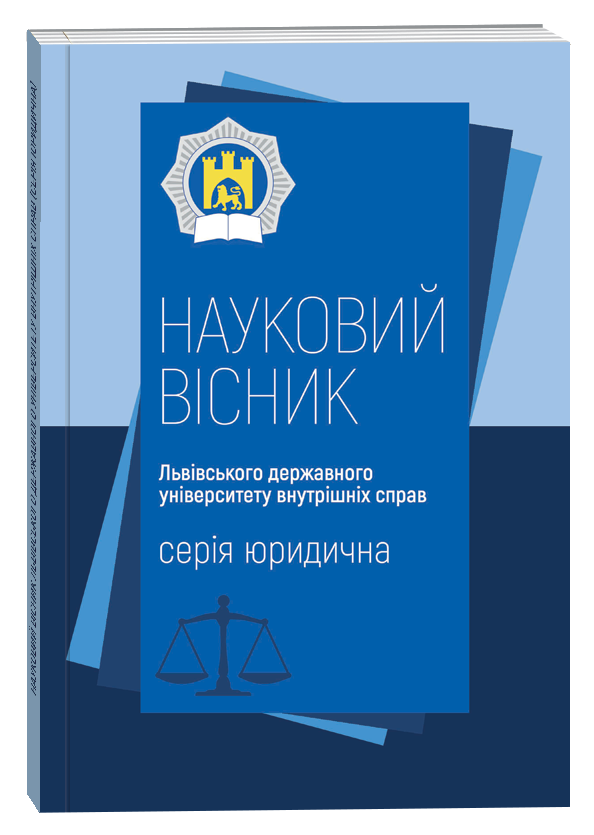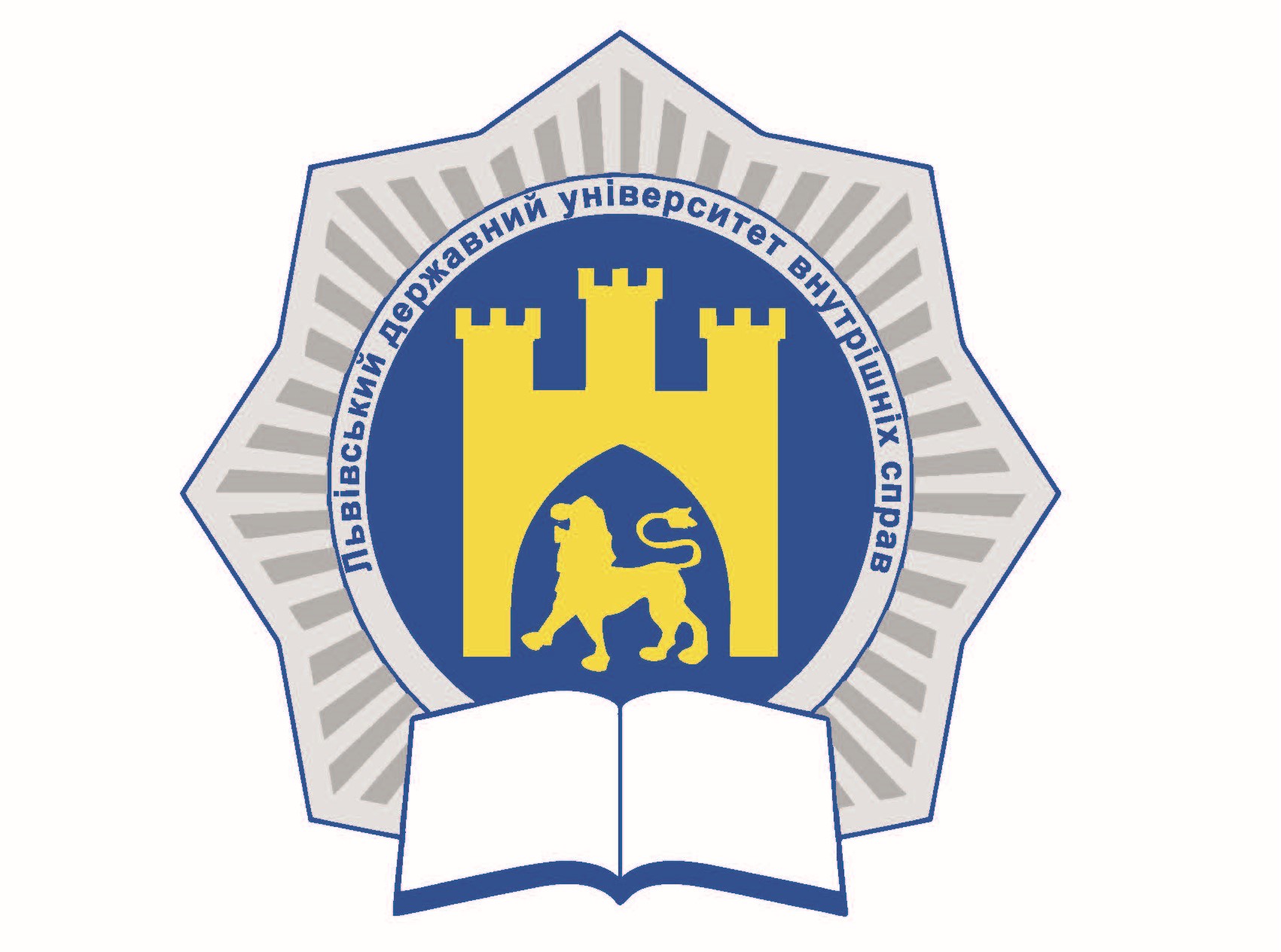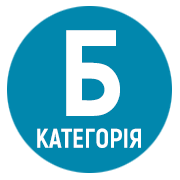INSTITUTIONAL EFFECTIVENESS AND STRATEGIC CHALLENGES OF ARMA’S ACTIVITY IN THE FIELD OF ANTI-CORRUPTION POLICY
DOI:
https://doi.org/10.32782/2311-8040/2024-4-9Keywords:
anti-corruption infrastructure, anti-corruption policy, public control, institutional effectiveness, international cooperation, the National Agency of Ukraine for the Identification, Search and Management of Assets Obtained from Corruption and Other Crimes (ARMA)Abstract
In the article, the author considered the functioning problems of the National Agency of Ukraine for Finding, Tracing and Management of Assets Derived from Corruption and Other Crimes (Asset Recovery and Management Agency – ARMA). In particular, the effectiveness of this institution and the main strategic challenges it faces in implementing anti-corruption policies and measures are analysed. The research is based on an interdisciplinary approach that combines legal, economic and managerial aspects of ARMA functioning. The author analysed the legal framework governing the institution's activities. Compliance of legislative mechanisms with international and European standards and practices was also analysed. The article investigated the influence of institutional factors on the effectiveness of ARMA activities, including organisational structure and financial support. It was established that the effectiveness of the institution's activity largely depends on the level of interaction with other law enforcement and state bodies, as well as on the support of civil society. In the article, the author highlighted the strategic challenges facing ARMA. In particular, the following were included: problems with ensuring transparency and accountability of asset management; low efficiency of implementation of the strategy of management of confiscated assets; difficulties associated with the return of assets taken abroad; problematic aspects regarding trust in ARMA on the part of society and international partners, which affects the overall level of effectiveness of anti-corruption policy. Possible recommendations and directions for improving and increasing the institutional efficiency of ARMA were proposed. It emphasised the possibility of improving regulatory and legal regulation, strengthening the institutional capacity of the National Agency of Ukraine for Finding, Tracing and Management of Assets Derived from Corruption and Other Crimes, and strengthening international cooperation and interaction in asset management. One of the critical elements of the national anti-corruption infrastructure was the formation of trust in the Agency. In particular, the author emphasised the need to strengthen public control and involve international expertise in asset management to ensure increased trust in the Agency's activities. Increasing the National Agency of Ukraine for Finding, Tracing and Management of Assets Derived from Corruption and Other Crimes is critical for achieving the overall goal of Ukraine's anti-corruption policy: reducing corruption, ensuring transparency and strengthening trust in state institutions.
References
Про Національне агентство України з питань виявлення, розшуку та управління активами, одержаними від корупційних та інших злочинів : Закон України від 10 листопада 2015 р. № 772-VIII. Відомості Верховної Ради України. URL : https://zakon.rada.gov.ua/laws/show/772-19#Text (дата звернення 12 вересня 2024).
Буяджи Г. Історія формування та передумови виникнення Національного агентства України з питань виявлення, розшуку та управління активами, одержаними від корупційних та інших злочинів. Підприємництво, господарство і право. 2018. № 3. С. 143–147.
Давидюк А. М. Правове забезпечення публічного адміністрування у сфері виявлення, розшуку та управління активами, одержаними від корупційних та інших злочинів: автореф. дис. … канд. юрид. наук: 12.00.07. Київ: Київський національний університет ім. Т. Шевченка. 2020. 21 с.
Домбровська О. В., Ховпун О. С., Часова Т. О. Міжнародна співпраця щодо розшуку та повернення активів. Право і суспільство. 2023. № 1. С. 297–301. https://doi.org/10.32842/2078-3736/2023.1.43
Council Decision 2007/845/JHA of 6 December 2007 concerning cooperation between Asset Recovery Offices of the Member States in the field of tracing and identification of proceeds from, or other property related to, crime. URL: http://eur-lex.europa.eu/legal-content/EN/TXT/?uri=CELEX%3A32007D0845 (дата звернення 15 вересня 2024).
Стрєльніков Р. М. Інституціональні фактори впливу на інвестиційну діяльність інтегрованих підприємств. Науковий вісник Ужгородського національного університету. Серія : Міжнародні економічні відносини та світове господарство. 2018. Випуск 20, частина 3. С. 59–63.
Kupriyanova V., Estermann T., Sabic N. Efficiency of Universities: Drivers, Enablers and Limitations. In: Curaj, A., Deca, L., Pricopie, R. (eds) European Higher Education Area: The Impact of Past and Future Policies. Springer. Cham. 2018. https://doi.org/10.1007/978-3-319-77407-7_36
Mia M. A., Rangel G. J., Nourani M., Kumar R. Institutional Factors and Efficiency Performance in the Global Microfinance Industry. Benchmarking: An International Journal. 2023. Vol. 30, No. 2. pp. 433–459. https://doi.org/10.1108/BIJ-06-2021-0326
План роботи Національного агентства України з питань виявлення, розшуку та управління активами, одержаними від корупційних та інших злочинів. Офіційний сайт АРМА. https://arma.gov.ua/files/general/2024/04/03/20240403161848-38.pdf (дата звернення 20 вересня 2024).
Sun H., Edziah B. K., Sun Ch., Kporsu A. Institutional Quality and its Spatial Spillover Effects on Energy Efficiency. Socio-Economic Planning Sciences. 2022. Vol. 83. https://doi.org/10.1016/j.seps.2021.101023
Артемчук О. Восьмирічний рекорд: АРМА перерахувало до бюджету 781,4 мільйони за місяць. Економічна правда. 26 серпня 2024. https://www.epravda.com.ua/news/2024/08/26/718477/ (дата звернення 14 вересня 2024).
Kaniki A. An Inquiry into the Effectiveness of Illegally Acquired Asset Management System in Tanzania. Journal of Law and Criminal Justice. 2019. https://doi.org/10.15640/jlcj.v7n1a2.









